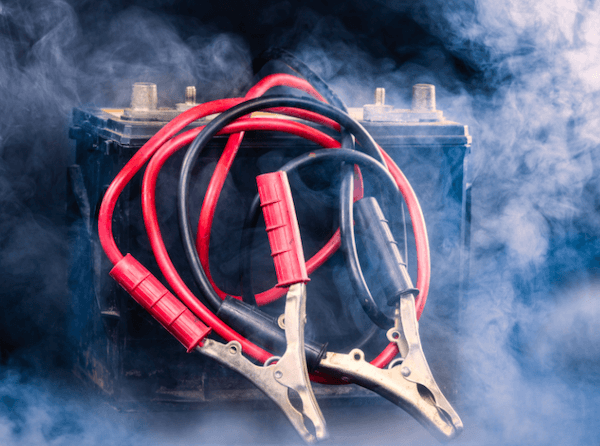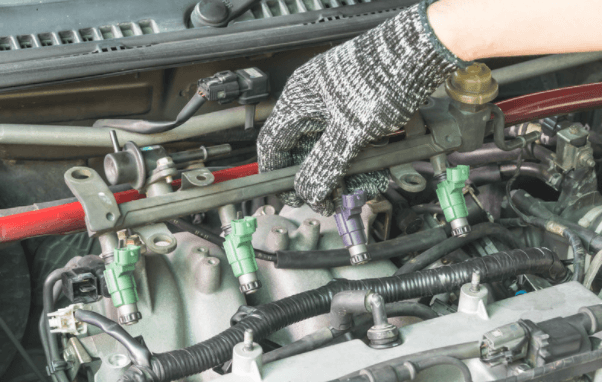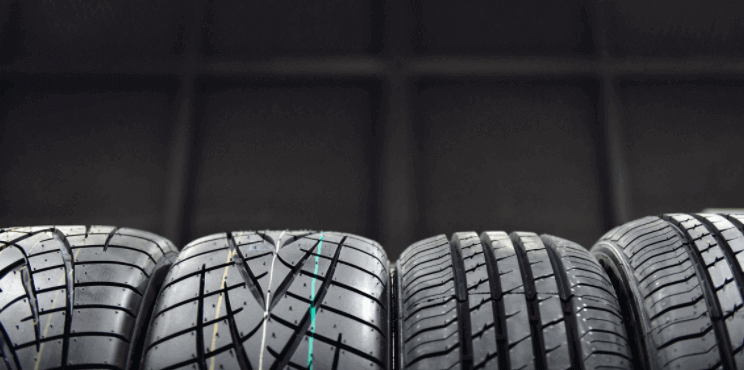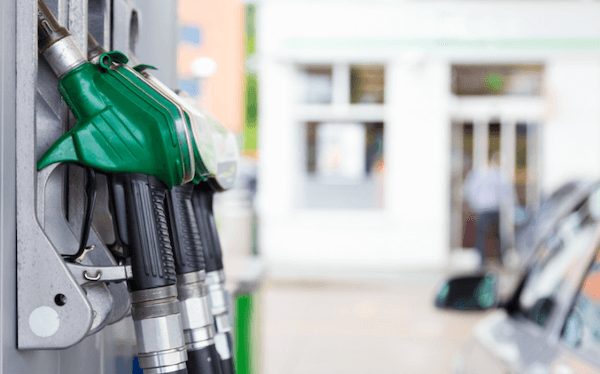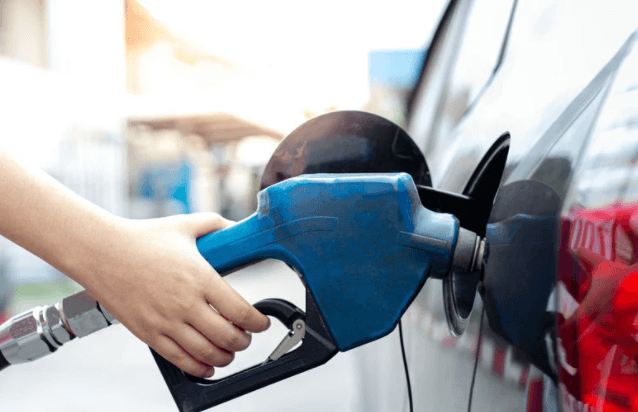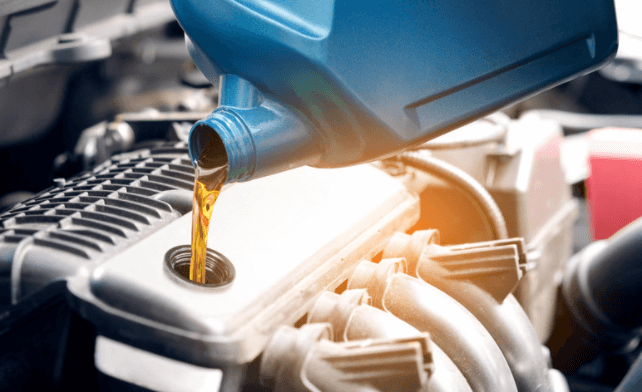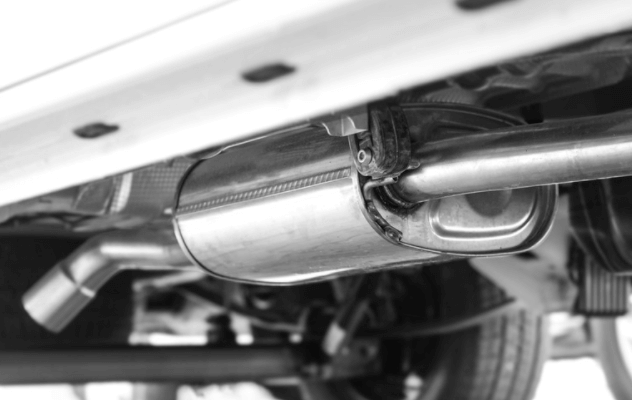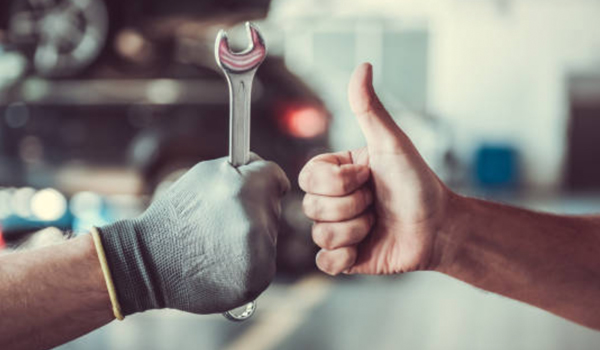We have all been there: you go to turn your car key (or push-to-start), and you find your car battery dead. Thankfully, a simple jump-start can get most drivers moving. However, you might wonder if you can continue driving on your battery or if you need a replacement. Here is a look at when a dead car does (and does not) require a new battery.
Older or Corroded Batteries
If your battery is 3 or more years old, it will likely need a replacement to avoid repeated failure. While you may be able to get it going with a jump-start, the catalyst for its initial failure is still threatening the lifespan of your battery. It will likely continue to die until you get a replacement. Some signs you need a new battery include:
- Battery Age: Car batteries commonly only last 3-4 years. Your battery will die even sooner if you live in an area with intense heat—as the heat destroys batteries from the inside out.
- Dashboard Light: In many cases, your battery-shaped dashboard light will indicate the need for a battery service or replacement.
- Corrosion: Do you notice the battery terminal ends corroded? Corrosion can cause premature battery failure. In some cases, a mechanic can service your battery to avoid replacement. Speak with your mechanic to see if this is an option for you.
- Car Left Sitting: Car batteries recharge while you drive. If you leave your car sitting for a month or two, the battery will likely die while you are gone. In some cases, these batteries can be revived. However, the longer you let it sit, the more likely it is that you will need a replacement.
For help making it to your mechanic for a battery inspection or replacement, here is our 8-step guide to jump-starting a car battery.
Why Did My Car Battery Die Right After Replacement?
What if your brand-new battery dies? Thankfully, most batteries have a warranty for at least the first year. There are three reasons why your car battery might die right after replacement:
1. Battery Overuse
When your engine is running, your alternator helps power certain electrical elements of your vehicle. However, when your engine is off, your car battery takes over 100% of your car’s power requirements. If you tend to leave your headlights on, for example, your battery will only be able to power these lights for so long before running out of charge.
Do I need a new car battery? In these cases, you should not need a new battery after you jump-start. Our recommendation is to drive around for a while after your jump-start to give your battery time to recharge. Moving forward, make sure to unplug and turn off any battery-dependant systems when you are not driving.
2. Lemon Battery
In rare cases, you may have gotten a “lemon” battery with a manufacturer defect.
Do I need a new car battery? In these cases, yes. However, it should not come out of your pocket. Reputable manufacturers and mechanics offer warranty services to protect drivers from “lemon” batteries. Simply bring your car back to the mechanic if you think this is the case.
However, if your battery dies soon after replacement, it is far more likely that your alternator is the problem rather than the battery itself. Let’s take a look.
3. Alternator Issues
Your alternator is responsible for recharging your car battery as you drive. It also powers certain vehicle functions (like the headlights and radio) while your engine is running. If your alternator has gone bad, your battery will have to power all of your vehicle functions without getting any recharge. In these cases, it won’t be long before your battery dies—even if you have a brand-new battery. In fact, a failing alternator may be the reason you needed a battery replacement in the first place.
Do I need a new car battery? In these cases, the first step will be to diagnose and repair your alternator. From there, your mechanic will either recharge and reinstall your battery or install a replacement battery.
Chapel Hill Tire Battery Replacement Services
When you are due for a replacement battery, Chapel Hill Tire is here for you. We proudly offer battery replacement at all 9 of our Triangle-area locations. Our mechanics also serve nearby cities, including Knightdale, Cary, Pittsboro, Wake Forest, Hillsborough, Morrisville, and beyond. We welcome you to make an online appointment, browse our deals, promotions, & coupons, or give us a call to get started today!
